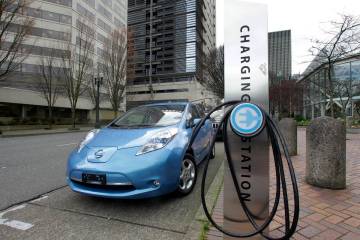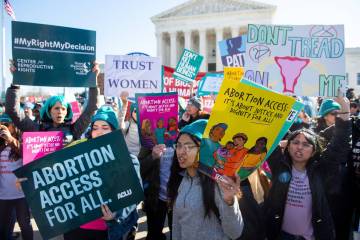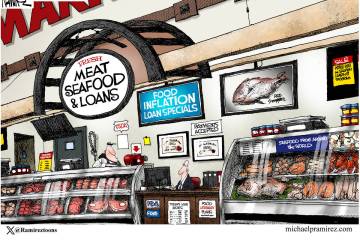COMMENTARY: Health care is not a ‘right,’ no matter what progressives say
At the recent unveiling of his latest plan for “Medicare for All,” Sen. Bernie Sanders, I-Vt., evoked a familiar theme. “Health care,” he said, “is a human right that all Americans, regardless of income, are entitled to.”
But health care is neither a right nor a privilege.
Health care is an aggregate of goods and services. The task of health policy is to ensure timely, affordable access to these goods and services for all who need them — and to do so without sacrificing the quality of care.
Medicare for All would outlaw private health insurance and grant everyone a right to public coverage. All Americans would have an insurance card with their name on it. But as real-world evidence from Medicare for All-like systems abroad makes clear, access to coverage is not the same as access to care.
That’s because there’s a limited supply of health care, just like any other good or service. Unlimited demand — fueled by Medicare for All’s promise that care will be free at the point of delivery — paired with limited supply is a recipe for shortages, long waits and suffering far worse than anything Americans see under our current system.
Great Britain’s National Health Service, the single-payer system established in 1948, has subjected patients to life-threatening treatment delays and subpar care for generations. And that crisis has grown only more acute in recent years.
According to a report released in May, a record-high 6.4 million patients in England were waiting for care. A separate study released May 31 by the Royal College of Emergency Medicine found that a lack of capacity in NHS emergency rooms was causing “real patient harm” and was a “serious patient safety crisis.”
In Canada, the situation is much the same. The typical wait time for Canadian patients to receive specialist care following referral by a general practitioner is more than 25 weeks, according to the Fraser Institute, a Vancouver-based research organization. Median wait times in some provinces now exceed a year.
It’s no surprise, then, that more than 200,000 Canadians leave the country to seek care, according to a 2017 analysis from SecondStreet.org, a Canadian think tank.
Single-payer absolutists in the United States almost never acknowledge the bleak conditions in these and other government-run health systems. On the contrary, these are the very health care schemes Sanders lauds when he laments that America is “the only major country on Earth that does not guarantee health care to all of its citizens.”
But in what sense does the United Kingdom or Canada “guarantee health care to all its citizens”? Months- or yearslong waits for needed care mock such guarantees. As former Chief Justice of the Canadian Supreme Court Beverley McLachlin wrote in a 2005 decision challenging the Canadian system’s ban on private insurance coverage, “Access to a waiting list is not access to health care.”
And when the government is in charge of a person’s care, it can decide the terms on which that care is delivered. In 2017, some local NHS affiliates began restricting elective surgery for people who smoked or were obese.
What’s more, the “free” health care Sanders claims to offer is anything but. The senator himself has suggested that his proposal will cost taxpayers between $30 trillion and $40 trillion over the next decade — money that would have to be raised in part through some combination of massive tax increases and enormous inflation-spurring deficits.
Single-payer health care is not free elsewhere. In Canada, the average family of four pays more than $15,000 a year in taxes just to support the country’s public health insurance system.
Sanders wants to force all American patients into a single, enormously expensive government-run health care program — the kind of program which has choked off access to timely, high-quality medical care every place it’s been tried and led to needless pain and death.
That’s some view of what constitutes a “human right.”
Sally C. Pipes is president, CEO and Thomas W. Smith Fellow in Health Care Policy at the Pacific Research Institute. Her latest book is “False Premise, False Promise: The Disastrous Reality of Medicare for All” (Encounter 2020). Follow her on Twitter @sallypipes.






















